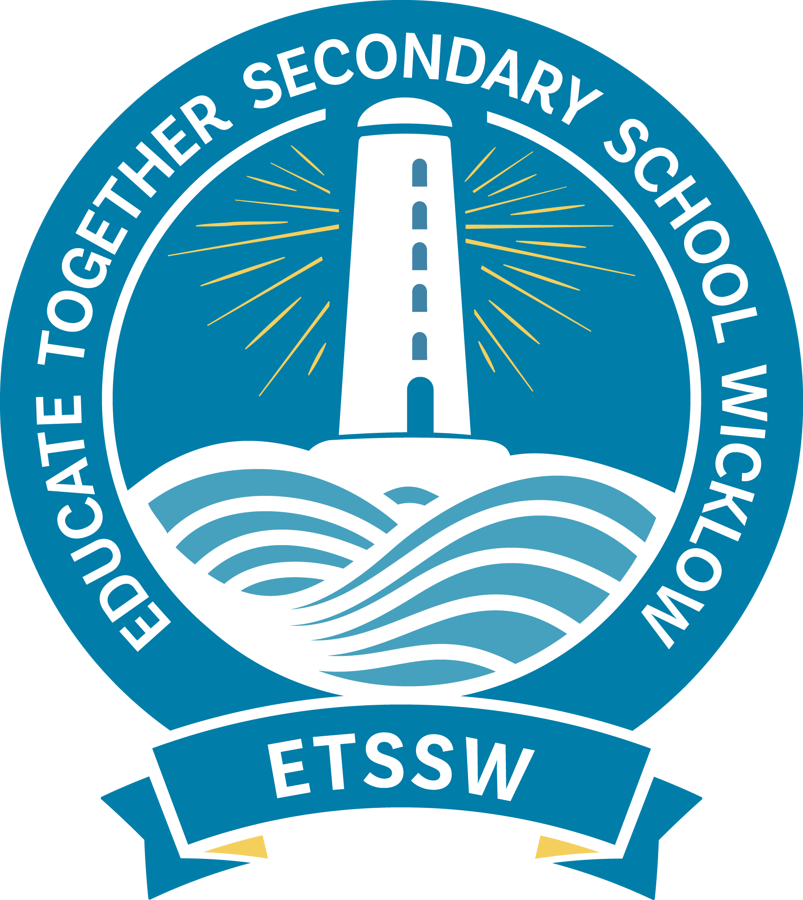Ethical Education is a short course and is studied by all students in Educate Together schools. Educate Together wants to give students time to think about the world around us and the principles of equality, justice, sustainability and active citizenship.
Junior Cycle Ethical
Education involves investigating different worldviews and beliefs, exploring
ethical dilemmas and learning how to make ethical decisions.
Ethical Education
allows students to engage with current societal issues and problems and aims to
develop the skills of critical thinking, discussion and debate.
The study of
Ethical Education also helps develop skills of reflection, questioning and
decision-making. Other skills developed throughout Junior Cycle Ethical
Education include researching and investigating, working on your own or working
as part of a team, as well as gaining confidence in public speaking.
Ethical Education represents the values of Educate Together schools completely, in that it promotes democracy, respect and equality.
CURRICULUM STRANDS
- Values: Students explore what is of value to them and what has influenced this. The concepts of morality, principles, facts and opinions are also examined.
- Making Moral and Ethical Decisions: Students apply different approaches to ethical decision making and consider different ethical dilemmas using these approaches.
- Beliefs and Worldviews: Students investigate different ideological standpoints and religious beliefs and identify how these might impact on an individual’s worldview.
- Different Teachings and Perspectives: Students study a number of texts, myths and narratives and consider how these may have influenced human behaviour and thought.
- Diversity in Ireland: Students explore diversity in a local and national context and think critically about the experience of minority groups in Irish society, particularly experiences of discrimination.
- Migration: Students develop an enhanced awareness of the language associated with migration; discover how migration has had an impact on Ireland and; critically analyse how the media reports migration in different contexts.
- Power and participation: Students reflect on and assess the power and decision-making processes in their school.
- Gender Equality: Students research, debate and reflect on issues related to gender equality in national and international contexts.
- Global Citizenship Education: Students increase their knowledge of the 17 United Nations Sustainable Development Goals and take action in relation to at least one of them.
ONLINE RESOURCES
Teachers, parents and students can access downloadable lessons and other resources for Ethical Education curriculum in the online resource bank:
 A New Approach to Education
A New Approach to Education